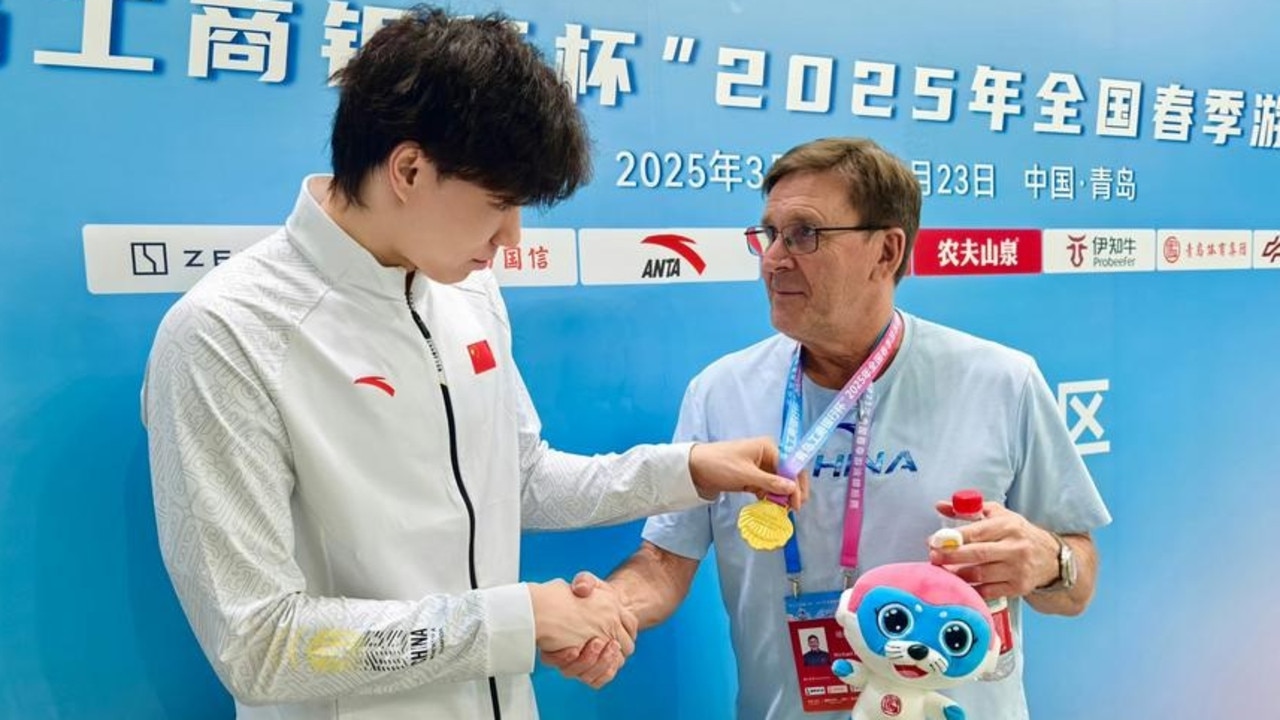WADA ’worried’ over Russia drug-taking in Paris Olympics
The World Anti-Doping Agency says it remains ‘deeply sceptical’ of Russia’s practices ahead of the Paris Olympics where some Russians and Belarussians will compete under a neutral flag.

The World Anti-Doping Agency says it remains “deeply sceptical and worried” about Russia’s drug taking practices ahead of the Paris Olympics where some Russians and Belarussians will compete under a neutral flag.
WADA president Witold Banka told the annual drugs in sport symposium in Lausanne on Tuesday that many athletes around the world were fearful about Russians competing in the Games, which begin on July 27.
While reassuring them that the Russians were subject to testing by both the Russian Anti-Doping Agency as well as the International Testing Agency, he highlighted legitimate concerns.
“I have received many questions from concerned athletes and others about Russian athletes who may be eligible to compete at the Games as neutrals,” said Mr Banka. “What I can tell you is they all remain subject to testing.
“Despite this, and given the history, WADA remains deeply sceptical and worried when it comes to Russia. We must remain vigilant and leave no stone unturned to ensure that all the proper education and testing has taken place in advance of Paris.”
Only Russians and Belarussians who have been subject to repeated testing, and who have not supported Russia’s invasion of Ukraine, are eligible for the Olympics.
For much of the past decade Russia has faced various bans by sports and organisations in the wake of the Sochi Winter Olympic drug scandal, where Russian testers would swap dirty Russian samples for clean ones using a mouse hole in the testing laboratory. In 2016 an in-depth investigation showed the extent of the corruption which involved the Russian state actively protecting nearly 1000 drug taking athletes across a range of sports.
The most recent high profile Russian case involved Russian figure skater Kamila Valieva who was 15 when she tested positive just before the 2022 Beijing Winter Olympics but was allowed to compete pending further investigations. Ultimately she was handed a four year ban and the Russian Olympic team medal was rescinded.
Mr Banka said other athletes can take some comfort that all competitors from all around the world have faced the same anti doping conditions in the lead up to Paris.
“When they gather on the starting line, the athletes of the world want to know that everything is fair,” Mr Banka said. “For that to happen, all their competitors, regardless of where they are from, must face the same pre-Games anti-doping conditions as they have.”
From the beginning of 2023 up until the end of February this year nearly 13000 drug testing samples have been obtained from Russian competitors still training inside of Russia. As well 1,232 samples from Russians have been collected by the International Testing Agency on behalf of international sports federations.




To join the conversation, please log in. Don't have an account? Register
Join the conversation, you are commenting as Logout